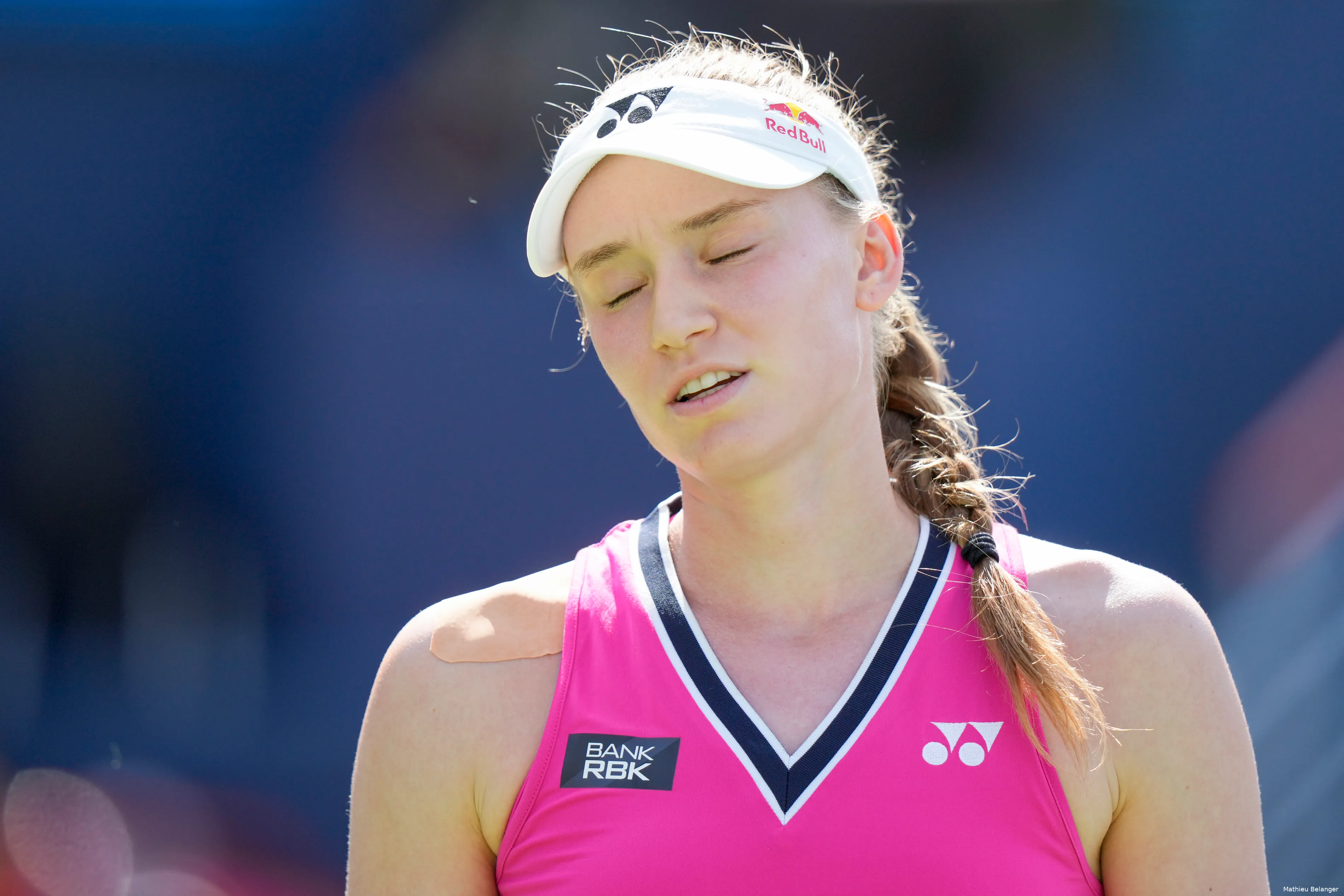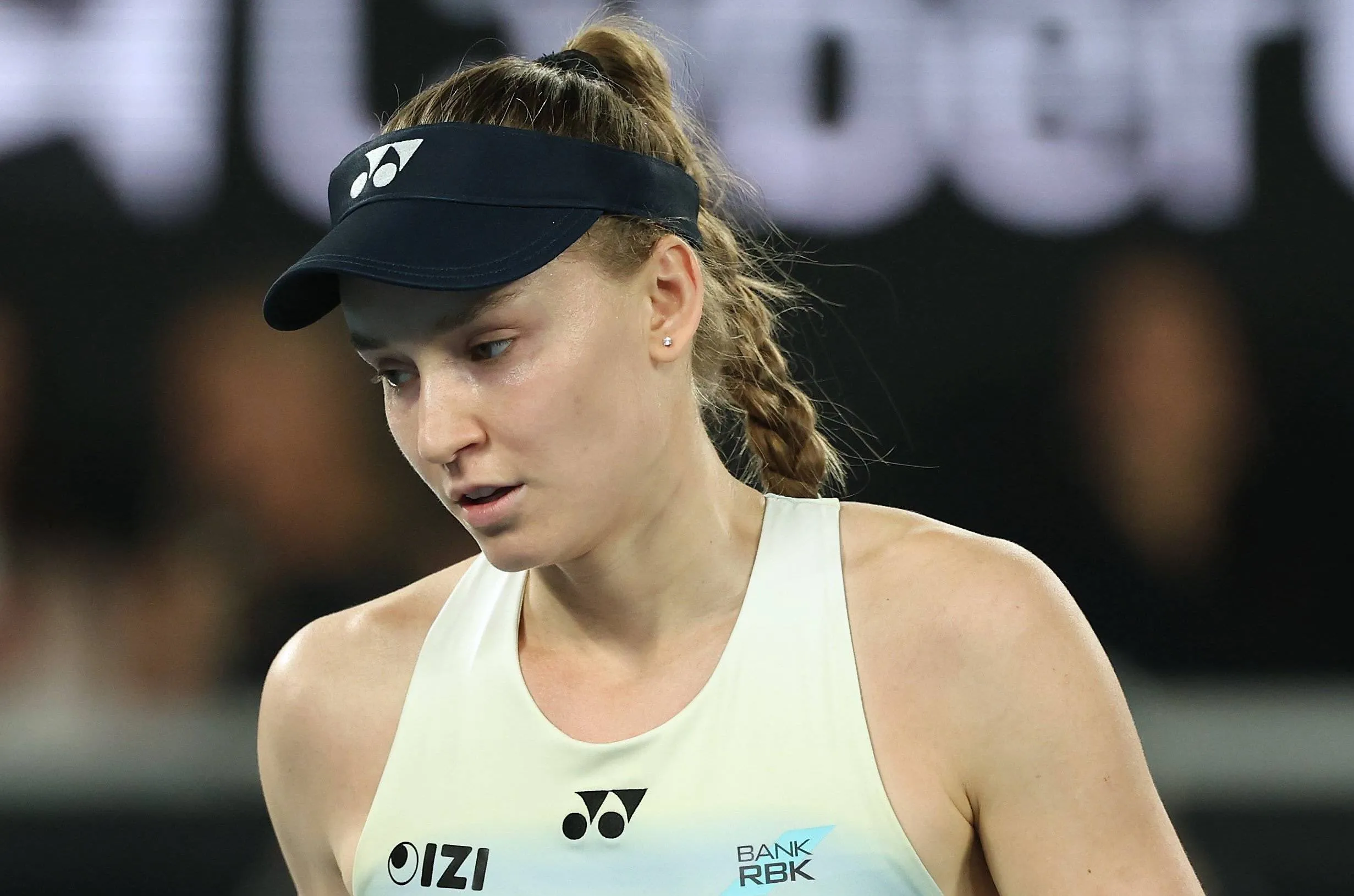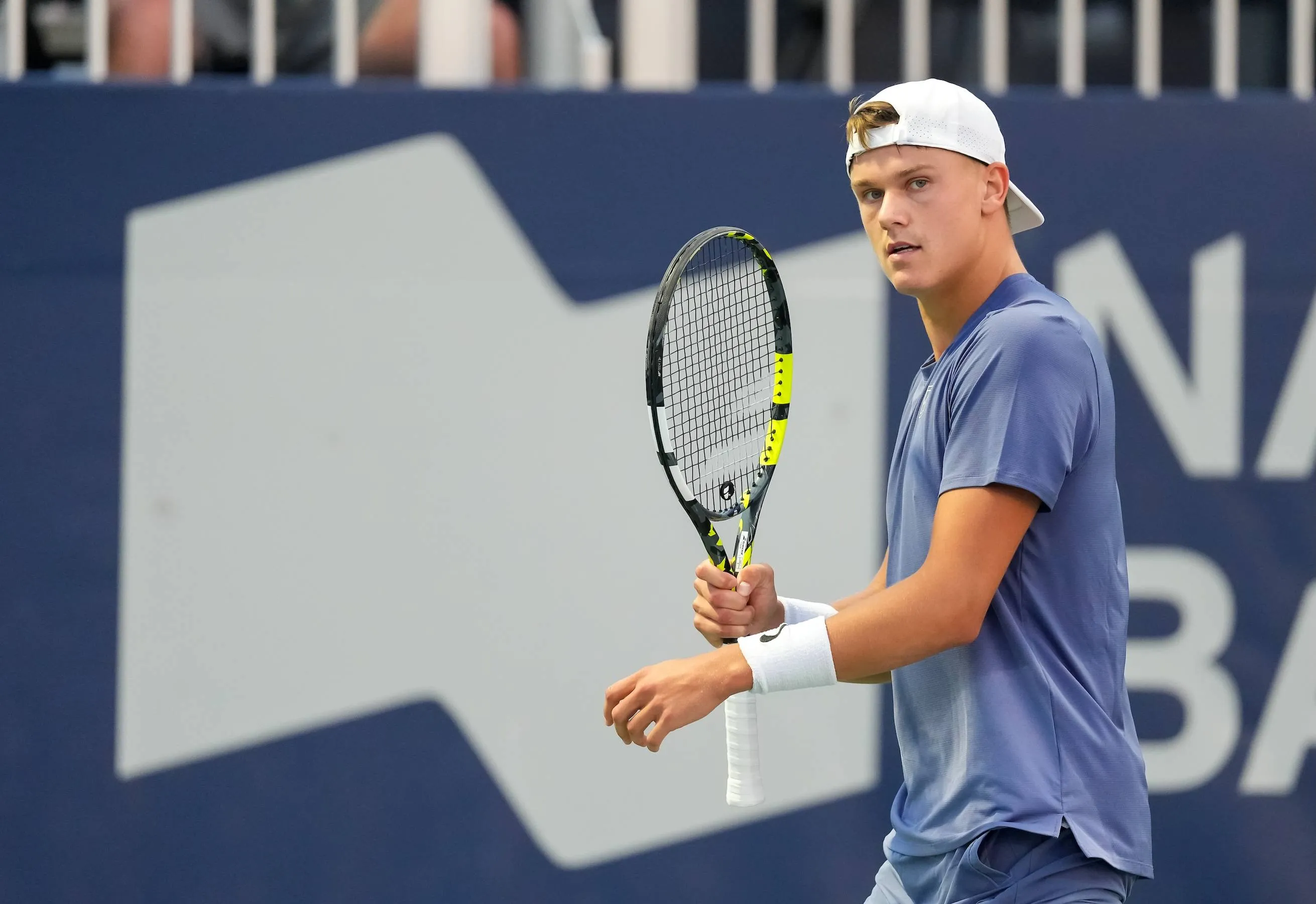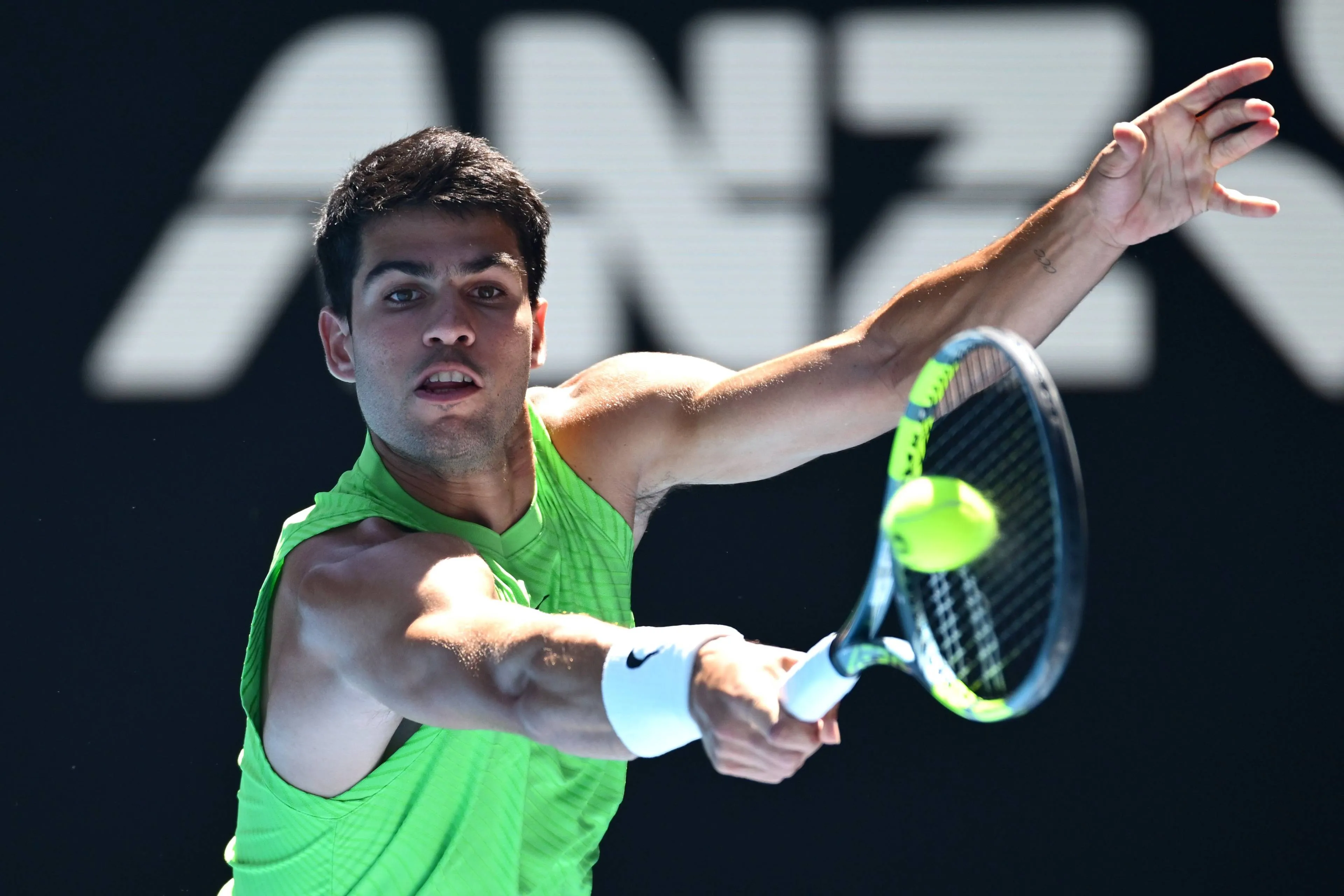Rybakina Snubbed: Why She Received No Tokyo Bye Despite Lower Seeds Receiving It
WTASunday, 24 September 2023 at 08:04
Updated at Saturday, 16 August 2025 at 15:44

Elena Rybakina won't receive a first-round bye at the 2023 Japan Open in Tokyo despite being the third seed.
At some WTA tournaments, the top four, occasionally top eight or sixteen players, receive a first-round bye, meaning they don't have to play their first-round match as a reward for their high ranking.
One of those tournaments is the 2023 Japan Open, also called the Toray Pan Pacific Open for sponsorship reasons, a WTA 500 tournament in Tokyo held from September 25th to October 1st.
However, even though the Kazakhstani player is the third seed in the 2023 Japan Open draw, she didn't get the first-round bye, but the fourth-seeded Maria Sakkari and the fifth-seeded Caroline Garcia both got it.
The reason for that is quite simple but still interesting—performance byes. Both Sakkari, who won the title in Guadalajara, and Garcia, who lost in the semifinals, went deep at the WTA 1000 event held the previous week, the Guadalajara Open.
The tournament was played from September 17th to 23rd, ending two days before the start of the tournament in Japan. Since it's a long trip from Guadalajara to Tokyo, the risk of them withdrawing from the tournament would be quite high.
The flight duration between the two cities is 17 hours, and the time difference is another 15 hours, meaning that even if they left Guadalajara a few hours after the final on September 23rd, there would be no way for them to arrive in Tokyo on September 24th, arriving on 25th, the first day of the tournament.
As a result, they received a performance bye, as the WTA aims to reward players who excelled in an event the preceding week. It's a good strategy on paper, but then there are those impacted by it, in this case, Rybakina.
Instead of starting already in the second round of the tournament and having extra time to prepare for her match, Rybakina will have to play her first-round match against Linda Noskova from the Czech Republic.
On the other hand, the fifth-seeded Garcia, who would not have received a bye if performance byes were not used, will start against the winner of the match between Anhelina Kalinina and Ashlyn Krueger in the second round of the tournament.
Sakkari, who would be granted a bye regardless, as the fourth seed at the tournament, will await a winner of the match between Petra Martic and one of the qualifiers in the second round.
Read also
Loading







